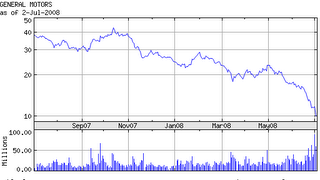Does the size of battery really affect the benefits of electric cars? Well, this is indeed the case according to a recent study conducted by Carnegie Mellon University researchers, who discovered that EVs equipped with smaller batteries are more effective in reducing societal costs for healthcare, environmental damages as well as oil consumption.
The study found that plug-in cars equipped with small batteries and HEVs (hybrid electric vehicles) that do not plug in can in fact lessen life cycle effects from air emissions. These types of cars also improve oil security at no extra or little cost, said associate professor of engineering Jeremy Michalek, who co-authored the report.
On the other hand, plug-in cars with bigger battery packs are costlier and may have lower or higher emissions than hybrid electric vehicles. This depends on when and where they are plugged in, added the report.
Here is a quote taken from the report:
“Current government policy provides larger subsidies for vehicles with larger battery packs, assuming that larger is better. While larger battery packs allow plug-in vehicles to drive longer distances on electric power instead of gasoline, they are also expensive and heavy, they are underutilized when the battery capacity is larger than needed for a typical trip, they require more charging infrastructure, and they produce more emissions during manufacturing.”
--(Jeremy Michalek)
The American Recovery and Reinvestment Act of 2009 provides tax credits worth about US$7,500 for around 200,000 plug-in cars in the US. Since cars with bigger batteries come at a higher price, only a small number of them can qualify for subsidy, and this can lead to lower overall benefits, said Michalek.